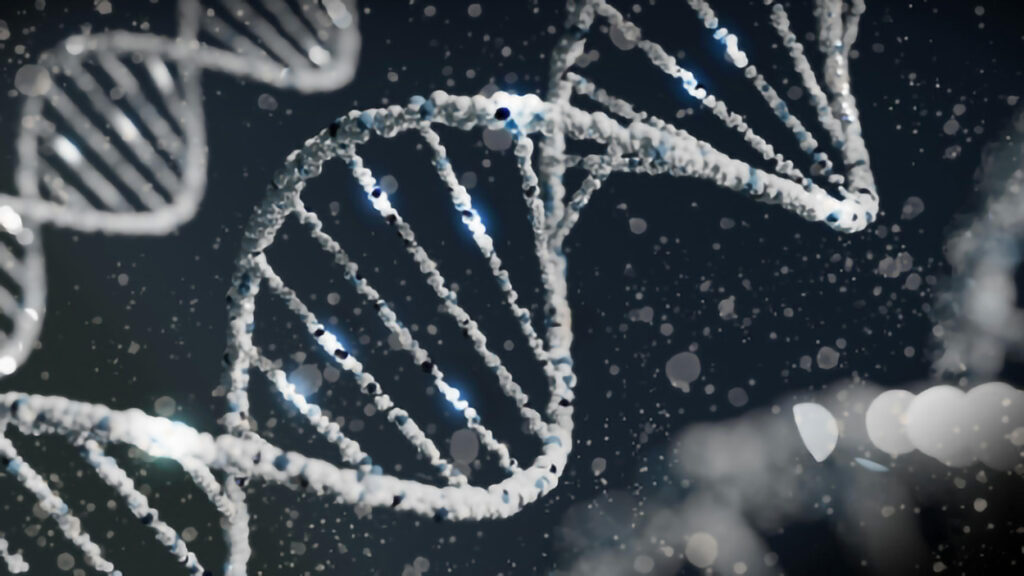By Bill Thomas | March 15, 2024
Pediatric cancer researchers have long suspected that genetic factors play a role in the development of second cancers in childhood cancer survivors. Recent findings from a study led by researchers at the National Cancer Institute (NCI) provide new evidence supporting this link.
Published in the journal Nature Medicine on March 7, 2024, the study evaluated the combined effect of common variants with a history of radiation treatment and found the resulting elevated cancer risk was greater than the sum of the individual associations for treatment and genetic factors alone.

“Knowledge about a person’s genetic makeup could potentially be useful in managing their risk of subsequent cancers,” lead investigator Todd M. Gibson said in a recent NCI press release. “The hope would be that, in the future, we can incorporate genetics along with treatment exposures and other risk factors to provide a more complete picture of a survivor’s risk of subsequent cancers to help guide their long-term follow-up care.”
More research will be required to determine if the study’s findings could play a role in improving guidelines for long-term follow-up of childhood cancer survivors exposed to radiation.
Anyone interested in learning more about the NCI’s findings can read the full press release or the paper published in Nature Medicine. To stay up-to-date with all the latest news shaping the future of pediatric cancer treatment, don’t forget to follow the Pediatric Cancer Research Foundation Profectus blog!




